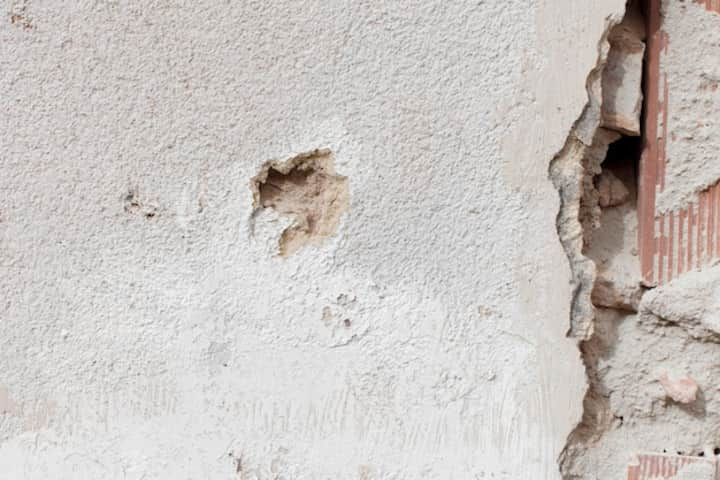
Expert Mold Inspection & Testing in Philadelphia
Philadelphia, known for its rich history and vibrant neighborhoods, also faces common urban challenges, including mold infestation. Mold growth can occur anywhere, from historic buildings to modern apartments, often without immediate detection. Professional mold inspection and testing are crucial for maintaining healthy indoor environments. This article delves into the importance of these services, detailing their processes and benefits, while providing valuable resources for those seeking to address mold issues in their homes or businesses.
Understanding Mold Inspection and Testing
Mold inspection and testing are essential processes for identifying mold presence and assessing its impact. The aim is to ensure safety and prevent potential health risks associated with mold exposure. These services typically involve:
- Visual inspection: A thorough examination of the premises to identify visible mold growth and potential problem areas.
- Moisture assessment: Evaluating humidity levels and identifying moisture sources that contribute to mold growth.
- Air and surface sampling: Collecting samples to determine mold spore levels and types. Read more about this topic.
- Laboratory analysis: Testing samples in a laboratory to provide detailed insights into mold species and concentration.
The Importance of Professional Mold Inspection
Professional mold inspection is vital for several reasons. It helps in:
- Early detection: Identifying mold issues before they escalate into significant problems.
- Health protection: Reducing health risks associated with mold exposure, such as allergies and respiratory issues.
- Property preservation: Preventing structural damage and preserving property value.
- Legal compliance: Ensuring adherence to health and safety regulations.
Choosing the Right Mold Inspection Service
Factors to Consider
When selecting a mold inspection service in Philadelphia, consider the following factors:
- Experience and expertise: Look for professionals with extensive experience and relevant certifications.
- Comprehensive services: Ensure the service includes thorough inspection and testing, as well as detailed reporting.
- Customer reviews: Read customer testimonials to gauge service quality. Check out customer reviews here.
- Transparent pricing: Avoid services with hidden fees by opting for those offering clear pricing structures.
Understanding Air Sampling Services
Air sampling is a critical component of mold inspection. It involves collecting air samples to analyze mold spore concentrations in the indoor environment. This process helps in:
- Identifying invisible mold: Detecting mold spores that are not visible to the naked eye.
- Assessing indoor air quality: Evaluating the impact of mold on indoor air quality.
- Guiding remediation efforts: Providing data to develop effective mold remediation strategies.
For more detailed insights, learn more in this detailed guide.
Steps to Take After Mold Detection
Once mold is detected, it is crucial to take immediate steps to address the issue:
- Engage professional remediation services: Hire experts to safely and effectively remove mold.
- Address moisture issues: Fix leaks and improve ventilation to prevent future mold growth.
- Regular monitoring: Conduct periodic inspections to ensure mold does not reoccur.
For further insights into managing mold issues, explore further insights here.
Conclusion
Mold inspection and testing are integral to maintaining a healthy and safe environment in Philadelphia. By understanding the processes involved and taking proactive measures, residents and business owners can effectively manage mold issues. For more comprehensive information and guidance, find additional information here.